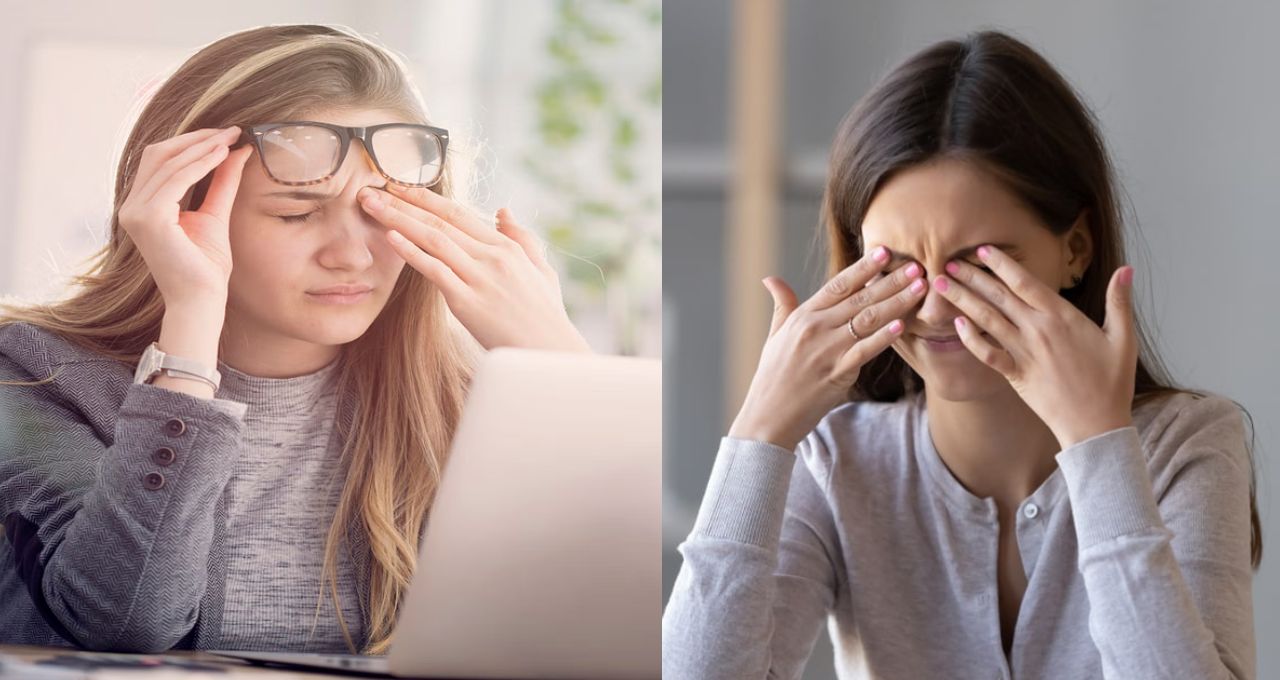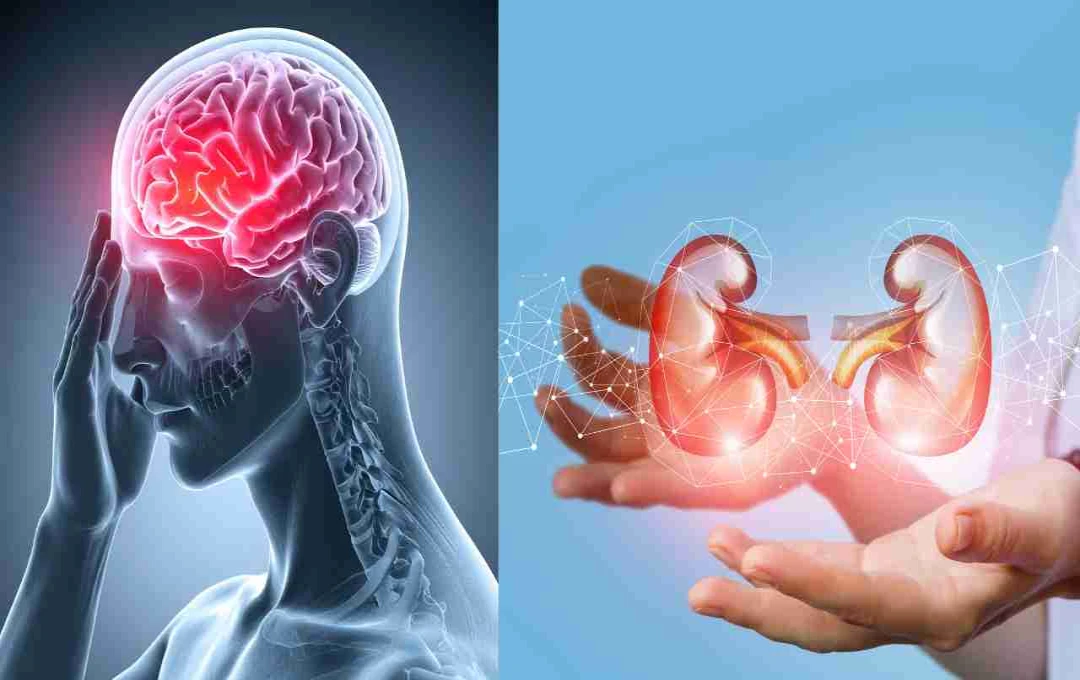Eye twitching, or the involuntary and spontaneous movement of the eyelids, is a very common problem. Most people associate it with omens or auspicious/inauspicious signs. In India, in particular, various beliefs prevail regarding this, such as the right eye twitching being auspicious and the left eye twitching being inauspicious. But does eye twitching truly signify a supernatural sign? Or is it a symptom of an underlying condition? Let's explore the real reasons behind eye twitching, along with its proper treatment and precautions.
Medical Term for Eye Twitching — Myokymia
Eye twitching is medically termed "myokymia." This condition occurs when the muscles of the eyelid contract uncontrollably. This twitching often occurs in the upper eyelid, but sometimes the lower eyelid may also be affected. Such twitching is usually mild and temporary, lasting from a few seconds to a few minutes.
However, if the twitching persists for a long time or occurs frequently, it could indicate a more serious problem. Therefore, it should not be ignored.
Causes of Eye Twitching — A Scientific Perspective

- Stress and Anxiety: In modern lifestyles, stress and anxiety have become major problems. When our minds are stressed, the body's neurotransmitters become imbalanced. This leads to involuntary muscle contractions, which are a major cause of eye twitching. Work pressure, family stress, and financial worries exacerbate this condition.
- Lack of Sleep: Insufficient sleep adversely affects the nervous system. Lack of sleep makes the body's muscles tired and sensitive, increasing the problem of twitching. Research shows that people who sleep less than 7-9 hours are more likely to experience myokymia.
- Excessive Caffeine and Alcohol Consumption: Caffeine found in coffee, tea, energy drinks, etc., and alcohol stimulate the nervous system. Consuming excessive caffeine and alcohol makes the muscles more sensitive, increasing the problem of eye twitching.
- Excessive Eye Strain: Nowadays, keeping eyes focused on mobile, laptop, and TV screens for many hours puts pressure on the eye muscles. Prolonged screen time tires the eye muscles, leading to twitching.
- Nutrient Deficiency: Deficiency of essential nutrients like vitamin B12, magnesium, and potassium in the body also weakens the nervous system. Vitamin B12 deficiency is common, especially in vegetarians, and can cause eye twitching.
- Dry Eyes and Allergies: Dry eyes are a common problem among the elderly. It causes eye irritation and itching, leading to the habit of rubbing the eyes. Frequent eye rubbing releases histamine, which promotes twitching. Allergies can also cause a similar problem.
When to Consider it Serious?
If eye twitching becomes excessive, involves uncontrolled blinking in both eyelids, or includes twitching in other facial muscles, it is considered serious. It may be a symptom of some neurological diseases such as:
- Blepharospasm: This involves the sudden and uncontrolled closure of both eyelids.
- Hemifacial Spasm: Continuous twitching of the muscles on one side of the face.
- Diseases like multiple sclerosis or Parkinson's disease can also exhibit such symptoms.
- In such cases, it is essential to immediately consult a specialist neurologist.

Measures to Prevent Eye Twitching
- Get at least 7 to 8 hours of good sleep every day.
- Practice yoga, meditation, or mindfulness to reduce stress.
- Limit caffeine and alcohol intake.
- Avoid spending too much time in front of digital screens and take breaks every 20-30 minutes.
- Consume a diet rich in vitamin B12 and magnesium, such as green vegetables, nuts, and grains.
- If you have dry eyes, use artificial tears or consult a doctor.
- Avoid rubbing your eyes frequently.















